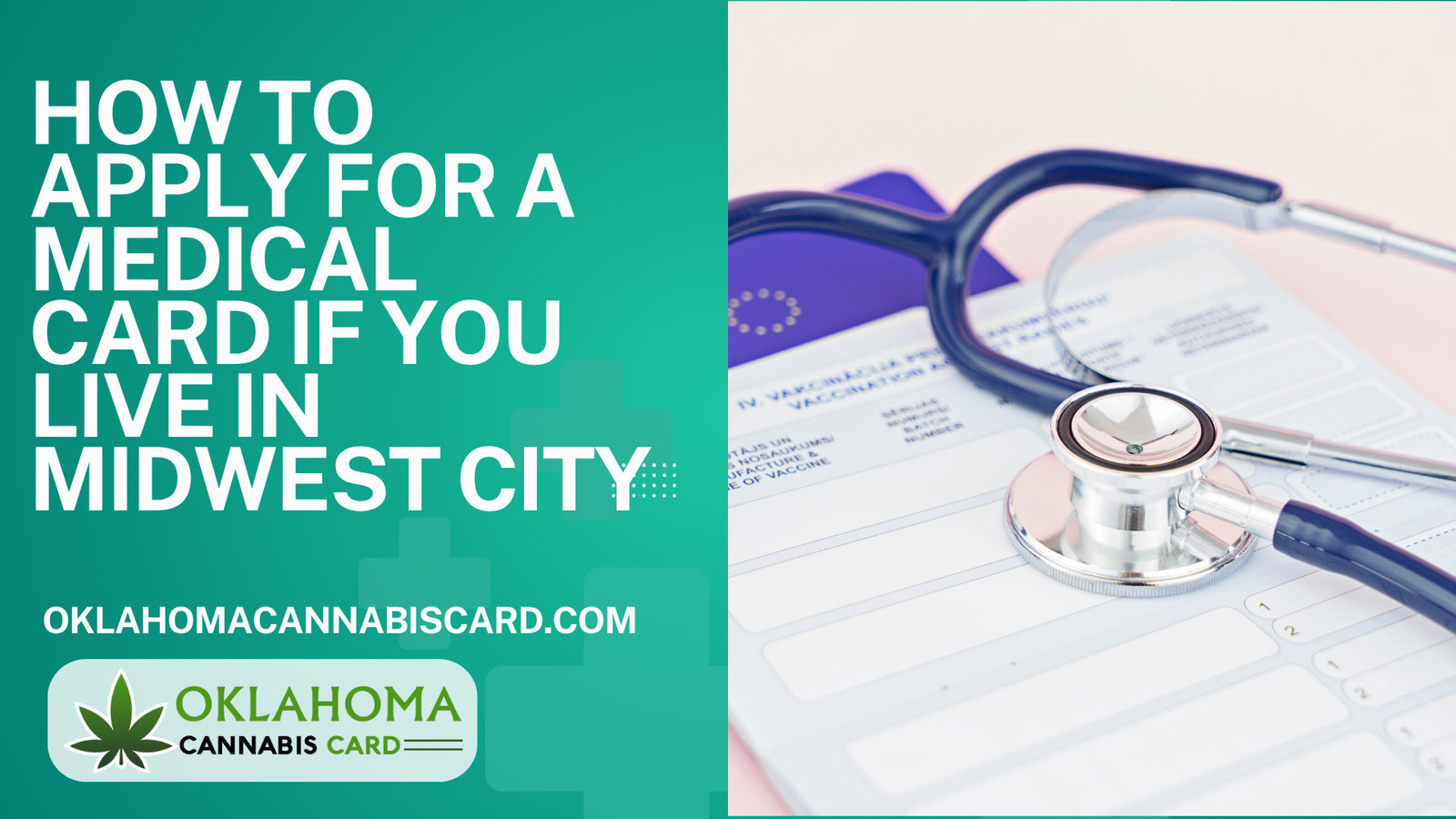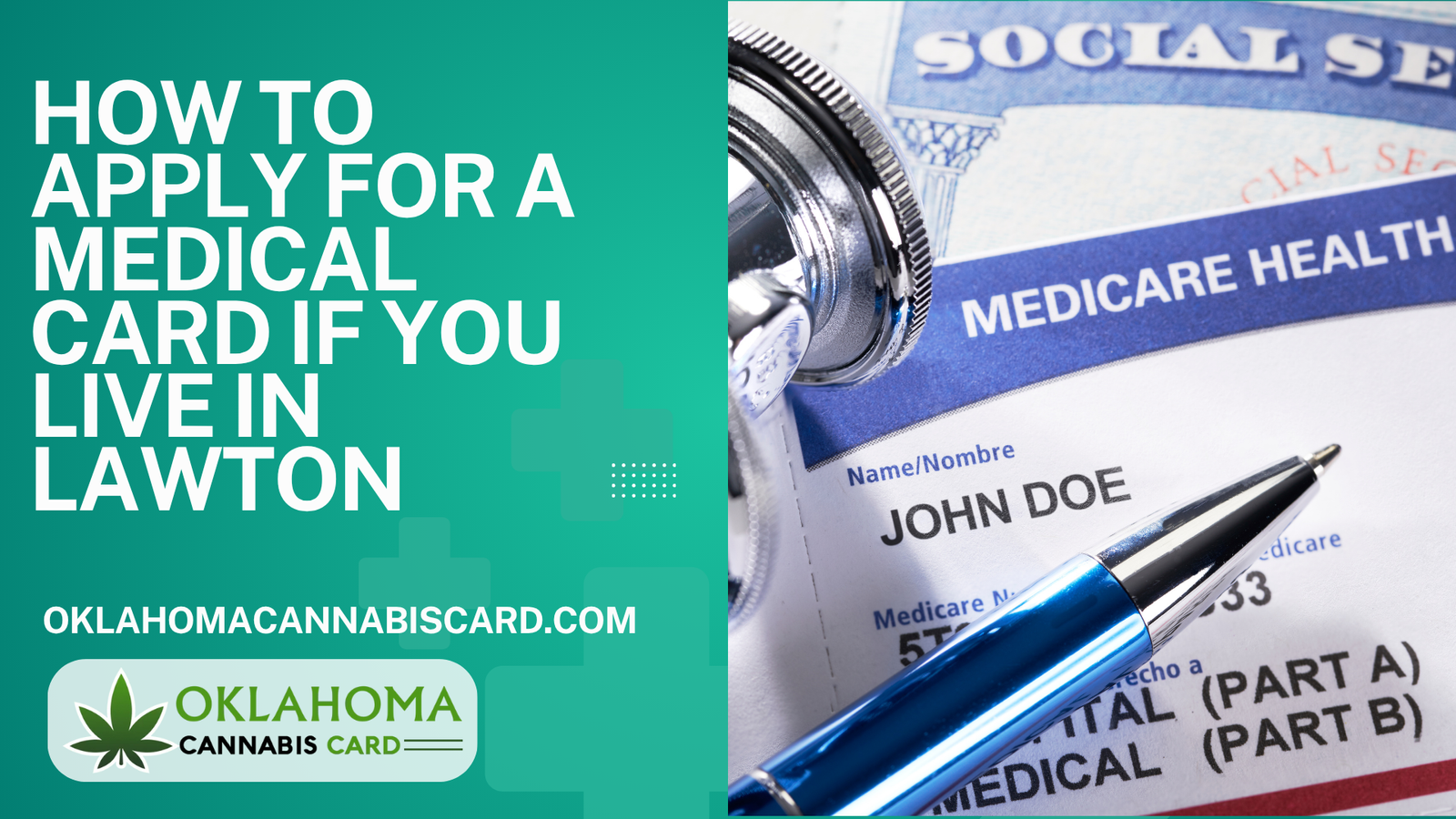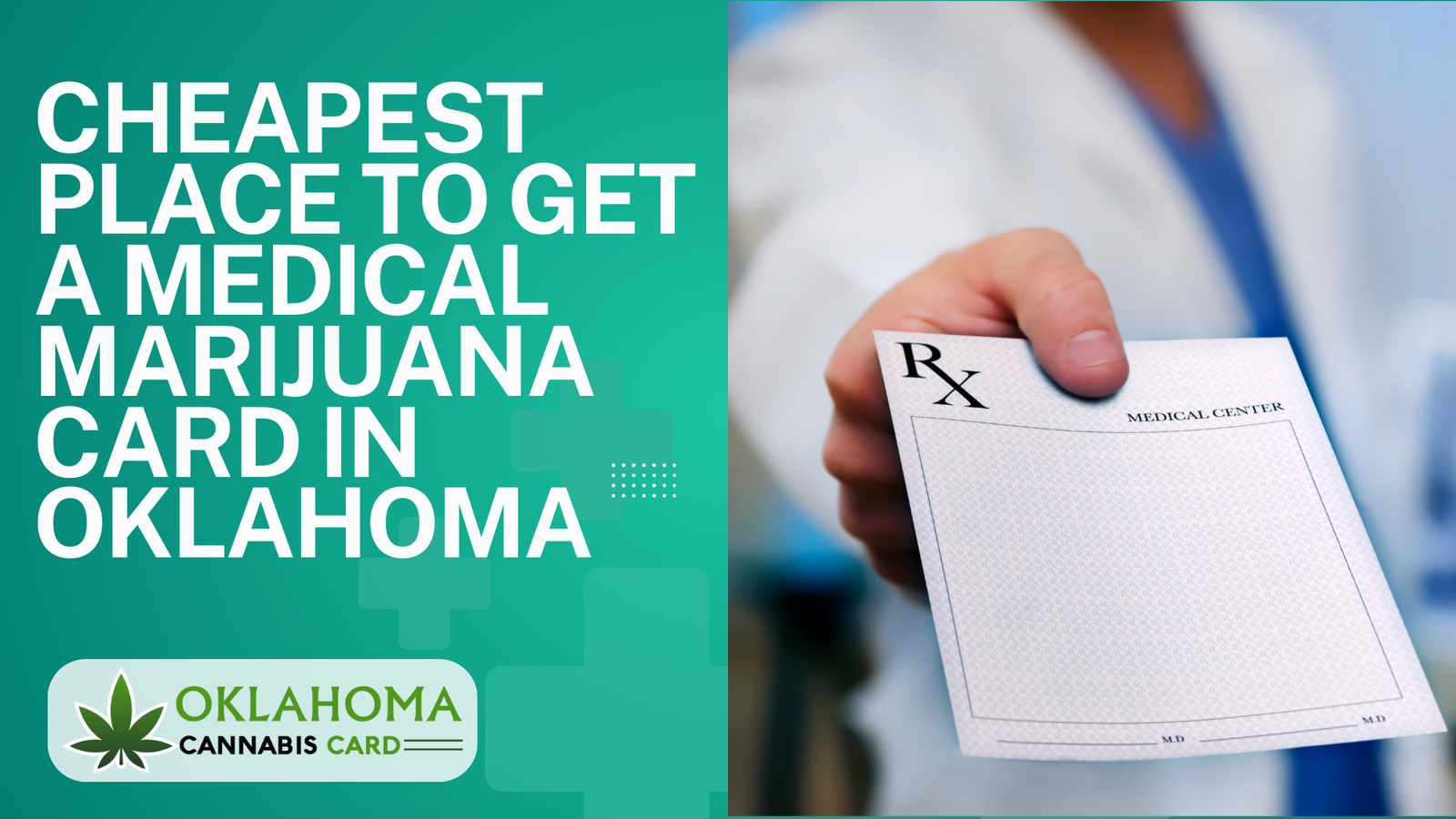
Huntington’s Disease (HD) is a rare, inherited neurodegenerative disorder that causes the progressive breakdown of nerve cells in the brain. This leads to a range of debilitating symptoms, including involuntary movement (chorea), cognitive decline, and psychiatric disorders. As the disease progresses, patients with Huntington’s Disease may experience worsening motor control, memory loss, and severe mental health challenges. While there is no cure for HD, treatment is focused on managing symptoms and improving the quality of life for patients.
In recent years, medical cannabis has emerged as a potential treatment option for managing some of the symptoms associated with Huntington’s Disease. In Oklahoma, patients with qualifying conditions can legally access medical cannabis through the state’s medical marijuana program. This article will explore how cannabis may help alleviate the symptoms of Huntington’s Disease, the scientific basis behind its use, and how to obtain medical marijuana in Oklahoma.
Table OF Content
- 1 What is Huntington’s Disease?
- 2 How Cannabis Can Help Huntington’s Disease Patients
- 3 Scientific Research on Cannabis and Huntington’s Disease
- 4 How to Access Medical Cannabis in Oklahoma
- 5 Legal Considerations for Medical Cannabis in Oklahoma
- 6 Conclusion
- 7 Frequently Asked Questions (FAQs)
- 7.1 1. Can I qualify for a medical marijuana card if I have Huntington’s Disease?
- 7.2 2. How long is the medical marijuana card valid in Oklahoma?
- 7.3 3. Can I grow my own cannabis in Oklahoma?
- 7.4 4. How much does it cost to get a medical marijuana card in Oklahoma?
- 7.5 5. Can I use cannabis in public places in Oklahoma?
What is Huntington’s Disease?
Huntington’s Disease is a genetic disorder caused by a mutation in the HTT gene, which leads to the gradual breakdown of brain cells. Symptoms generally appear between the ages of 30 and 50, but they can start earlier or later. As the disease progresses, symptoms worsen, severely impacting a person’s ability to move, think, and manage emotions.
Common symptoms of Huntington’s Disease include:
- Involuntary jerking or writhing movements (chorea)
- Muscle problems, such as rigidity or muscle contracture (dystonia)
- Difficulty with speech and swallowing
- Impaired balance and coordination
- Cognitive decline, including difficulty with planning, memory, and concentration
- Mood disorders, such as depression, anxiety, and irritability
While medications can help manage some of these symptoms, many patients continue to experience significant challenges. This has led some to explore alternative treatments, including medical cannabis, to improve their quality of life.
How Cannabis Can Help Huntington’s Disease Patients
Medical cannabis contains compounds called cannabinoids, including THC (tetrahydrocannabinol) and CBD (cannabidiol), which interact with the body’s endocannabinoid system (ECS). The ECS regulates various physiological functions, including pain, mood, movement control, and immune response. For Huntington’s Disease patients, cannabis may offer several potential benefits:
Reducing Chorea and Other Motor Symptoms
One of the most debilitating symptoms of Huntington’s Disease is chorea, which causes involuntary, jerky movements. Research suggests that cannabis, particularly CBD, may help reduce these movements. A 2019 study published in Brain Sciences found that cannabinoids might modulate motor symptoms in neurodegenerative diseases like Huntington’s by interacting with the ECS and influencing neurotransmitter release.
While more research is needed, anecdotal reports and early studies suggest that cannabis may help reduce the severity of chorea and improve motor control for some Huntington’s patients.
Managing Mood and Psychiatric Symptoms
Psychiatric symptoms, including depression, anxiety, and irritability, are common in Huntington’s Disease and can significantly impact a patient’s quality of life. CBD, a non-psychoactive compound found in cannabis, has been shown to have anxiolytic (anti-anxiety) and antidepressant properties. A 2020 review in Frontiers in Pharmacology highlighted the potential of CBD to reduce anxiety and improve mood in patients with neurodegenerative and psychiatric disorders.
For Huntington’s Disease patients, cannabis may help alleviate mood disturbances and improve emotional well-being, especially when traditional psychiatric medications are not effective or cause undesirable side effects.
Improving Sleep Quality
Sleep disturbances, including insomnia and restless sleep, are common in Huntington’s Disease. Cannabis, particularly strains high in THC, has been shown to improve sleep quality by promoting relaxation and reducing anxiety. A 2019 study published in Sleep Medicine Reviews found that cannabis may help regulate the sleep-wake cycle and improve sleep in patients with sleep disorders.
By improving sleep, cannabis may help Huntington’s patients feel more rested and better able to cope with the challenges of their disease.
Neuroprotective Properties
In addition to managing symptoms, some research suggests that cannabinoids may have neuroprotective properties, meaning they could help protect brain cells from further damage. A 2018 study in Neurotherapeutics found that cannabinoids, including both THC and CBD, showed promise in reducing oxidative stress and inflammation, two factors that contribute to neurodegeneration in diseases like Huntington’s.
While it’s important to note that more research is needed in this area, these early findings suggest that cannabis may play a role in slowing the progression of neurodegenerative diseases.
Scientific Research on Cannabis and Huntington’s Disease
Although research specifically focused on Huntington’s Disease and cannabis is limited, there have been several studies exploring the potential of cannabis to manage symptoms in neurodegenerative disorders:
- A 2016 study published in Journal of Huntington’s Disease found that cannabinoids may help manage motor symptoms and improve quality of life for patients with Huntington’s Disease.
- A 2019 review in Brain Sciences highlighted the potential of cannabinoids to reduce the severity of motor symptoms, such as chorea, in Huntington’s and other neurodegenerative diseases.
- A 2020 study in Frontiers in Pharmacology emphasized the anxiolytic and antidepressant effects of CBD for neuropsychiatric conditions, which could benefit Huntington’s patients experiencing mood disorders.
While these studies are promising, it’s important to consult with a healthcare provider before using cannabis to manage Huntington’s Disease symptoms, as individual responses to cannabis can vary.
How to Access Medical Cannabis in Oklahoma
Oklahoma has a comprehensive medical marijuana program that allows patients with qualifying conditions to access cannabis legally. If you believe that medical cannabis could help manage your Huntington’s Disease symptoms, you can apply for a medical marijuana card through the Oklahoma Medical Marijuana Authority (OMMA).
Steps to Get a Medical Marijuana Card
- Complete an online application: Visit a telemedicine clinic like Oklahoma Cannabis Card and fill out an online form with your medical history and symptoms.
- Consult with a certified cannabis doctor: You’ll have a virtual consultation with a licensed doctor in Oklahoma, who will evaluate whether medical cannabis is a suitable treatment for your Huntington’s Disease symptoms.
- Receive your certification: If the doctor approves your application, you’ll receive a recommendation for medical cannabis, allowing you to apply for your medical marijuana card through OMMA.
- Submit your application to OMMA: After receiving your doctor’s recommendation, submit your application to OMMA. You’ll receive your medical marijuana card within 14-30 days if approved.
Oklahoma residents can get their medical marijuana card for $129 through Oklahoma Cannabis Card. Renewals are required every two years and cost $99.
Legal Considerations for Medical Cannabis in Oklahoma
In Oklahoma, patients with a valid medical marijuana card can legally purchase cannabis from licensed dispensaries. The state has over 2,000 dispensaries, making it easy for patients to access a wide variety of cannabis products, including tinctures, oils, edibles, and flower.
It’s important to follow Oklahoma’s medical marijuana laws, which prohibit the use of cannabis in public places and while driving. Registered patients are also allowed to grow up to six mature cannabis plants and six seedlings at home, provided they are not visible to the public.
Conclusion
For individuals living with Huntington’s Disease, medical cannabis offers a potential pathway to symptom relief and improved quality of life. Whether it’s managing motor symptoms, reducing mood disturbances, or improving sleep, cannabis may provide a natural and effective alternative for HD patients. With Oklahoma’s supportive medical marijuana program, patients have legal access to this promising treatment option.
If you’re considering medical cannabis for your Huntington’s Disease symptoms, it’s important to consult with a certified cannabis doctor. They can guide you through the process and help determine the best approach for your symptoms. To begin your journey, visit Oklahoma Cannabis Card and apply for your medical marijuana card for $129.
Frequently Asked Questions (FAQs)
1. Can I qualify for a medical marijuana card if I have Huntington’s Disease?
Oklahoma does not have a specific list of qualifying conditions for medical marijuana. The decision is left to the discretion of a certified cannabis doctor, who will evaluate whether your Huntington’s Disease symptoms can be managed with cannabis.
2. How long is the medical marijuana card valid in Oklahoma?
Medical marijuana cards in Oklahoma are valid for two years. You can renew your card through clinics like Oklahoma Cannabis Card for $99.
3. Can I grow my own cannabis in Oklahoma?
Yes, registered medical marijuana patients in Oklahoma are allowed to grow up to six mature cannabis plants and six seedlings at home, as long as they are not visible to the public.
4. How much does it cost to get a medical marijuana card in Oklahoma?
The standard fee for obtaining a medical marijuana card in Oklahoma is $129. Renewals cost $99 every two years.
5. Can I use cannabis in public places in Oklahoma?
No, it is illegal to consume cannabis in public places in Oklahoma. Patients should only use cannabis in private settings.






